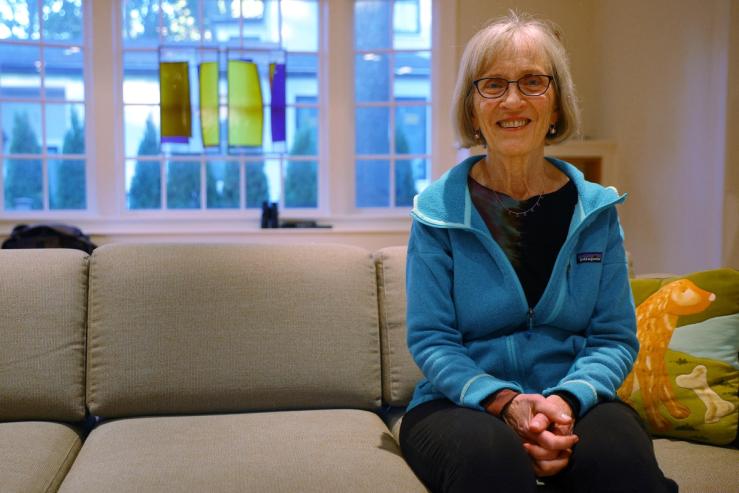The News
Harvard historian and labor economist Claudia Goldin won the Nobel Prize in Economics on Monday for her work on the gender pay gap and research on women at work.
Goldin is the third woman to receive the prize, but the first to not share the award with male colleagues. “There are still large differences between women and men in terms of what they do, how they’re remunerated and so on,” Goldin told Reuters Monday, calling her win “an award for big ideas and for long term change.”
SIGNALS
While the gender divide in renumeration for men and women has narrowed in recent years, there’s still a major gap in how genders are compensated for their work, Goldin told the International Monetary Fund’s podcast in June. Women are more likely to take “flexible” jobs, she explained, which give them space to handle childcare. “Now, if both men and women both took the flexible job, we wouldn’t have as big a problem,” she said.
As of 2022, women in the United States earned about 82% of what their male counterparts earned. That has remained largely unchanged over the past 20 years, according to data gathered by the Pew Research Center. Among younger workers aged 25 to 34, the gap is smaller than it is among older cohorts. According to Pew’s findings, women are more likely than men — 61% compared to 37% — to say that a main factor for the gap is that employers treat women differently. Family caregiving responsibilities, meanwhile, are likely to reduce a mother’s earning potential.
The disparity is more severe for Black and Hispanic women, who typically earn 65 cents and 58 cents on the dollar respectively compared to their male counterparts. Women with higher education levels face larger pay disparities, according to the Economic Policy Institute. Meanwhile, women are paid less than men with similar education backgrounds at almost every level, the EPI notes, and may face penalties for taking time out of the workforce for maternity leave or child rearing. There are no corresponding penalties for fathers who take similar absences.



